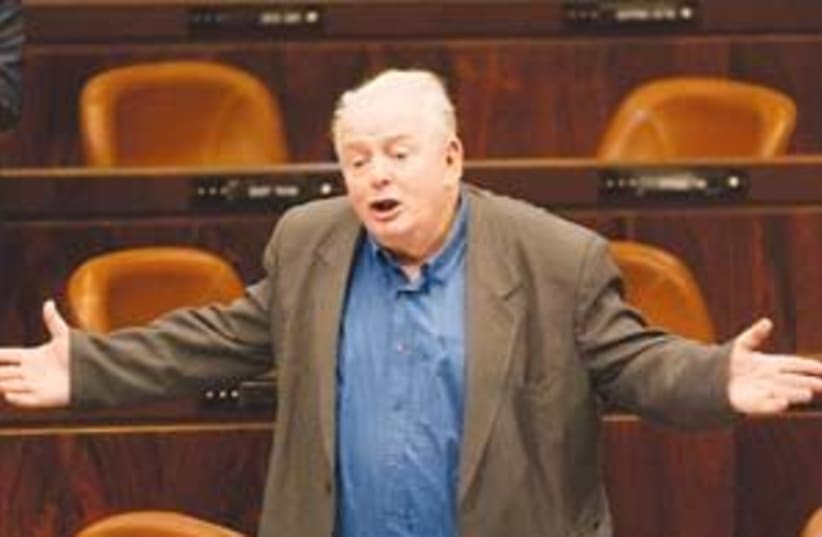| More about: | Interdisciplinary Center, Amnon Rubinstein, Yossi Sarid, Tel Aviv |
Lapid yet to decide political future
He cancelled Monday night expected announcement of departure from politics.


| More about: | Interdisciplinary Center, Amnon Rubinstein, Yossi Sarid, Tel Aviv |